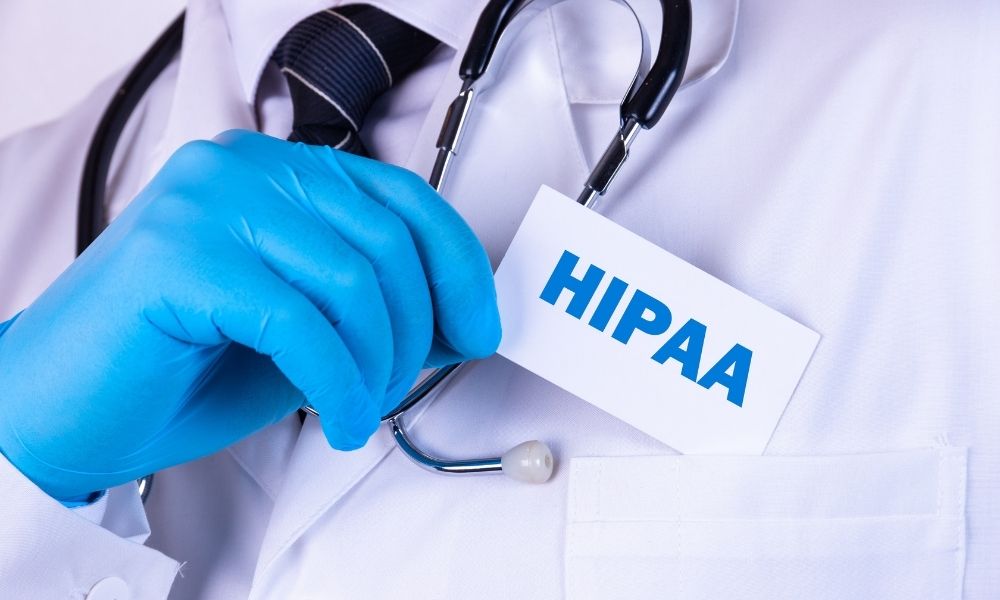HIPAA compliance is essential for healthcare providers. The federal law keeps confidential patient data safe while giving individuals greater access to their personal information. With technology evolving quickly and is constantly changing, it’s vital to ensure that every new system you implement is compliant with the guidelines set out by HIPAA.

HIPAA compliance is a complex procedure for companies that are trying to understand the law and the implications. HIPAA compliance must be met by all health organizations and those working in the insurance industry. To make sure compliance is met, it’s essential to study the regulations and ensure that the procedures are implemented. While it can be an overwhelming task, ensuring that you follow the law is vital. It will provide better data privacy protection and better service, as as avoiding potential penalties. Companies should understand HIPAA and take the necessary steps to ensure they comply with its requirements.
Although HIPAA’s regulations may be rigorous, the focus on proper privacy and security measures aims to protect one of our most valuable items: information. To ensure that there is no unauthorised or unnecessary disclosure of patient’s private information more protections are required as the healthcare industry has moved to electronic media such as Electronic Medical Records (EMR). Although guidelines have been formulated to safeguard individuals, they must still be followed and strictly enforced. HIPAA is monitoring these aspects to ensure people to remain safe and secure.
HIPAA is a great security feature for both those working in the medical profession and patients whose personal information is kept. Covered entities (CEs) and business associates, can choose whether an addressable implementation policy is needed. The decision is influenced by many elements such as the risk analysis and mitigation strategy, the current security measures and cost of implementation. CEs and BAS may take a look at alternatives or opt not to implement the measures in full due to their particular circumstances. HIPAA encourages them make educated decisions regarding data protection and security. This includes creating the right balance between technical and user control over sensitive information.
HIPAA compliance can bring significant benefits for many companies. Organizations can ensure that the confidentiality and security of personal health information of customers, patients and customers is maintained by adhering to the rules in the Health Insurance Portability and Accountability Act. Compliance ensures that patient’s health information is used only to their benefit as well as those of their health care providers. HIPAA compliance grants individuals the ability to make informed decisions about how their private medical information is handled and controlled. It gives them the confidence that no one else will be able to access it or modify it without their consent. Furthermore, HIPAA compliance mitigates reputational risk for businesses by helping them avoid the financial or legal consequences that can result from mishandling patient data because of insufficient security measures. In the end, adhering to HIPAA standards helps ensure an enjoyable experience for patients with better protection of sensitive medical records.
This is just one of the many considerations that you need to be aware of when you are complying with HIPAA. To ensure that you are in compliance, you should have a good understanding of the law. In addition, consult experts who can assist you in understanding the law and set up the systems and processes. While it may be difficult to be sure that you’re in compliance, it’s vital to protect the rights of your patient as in ensuring confidentiality.
For more information, click hippa compliance requirements